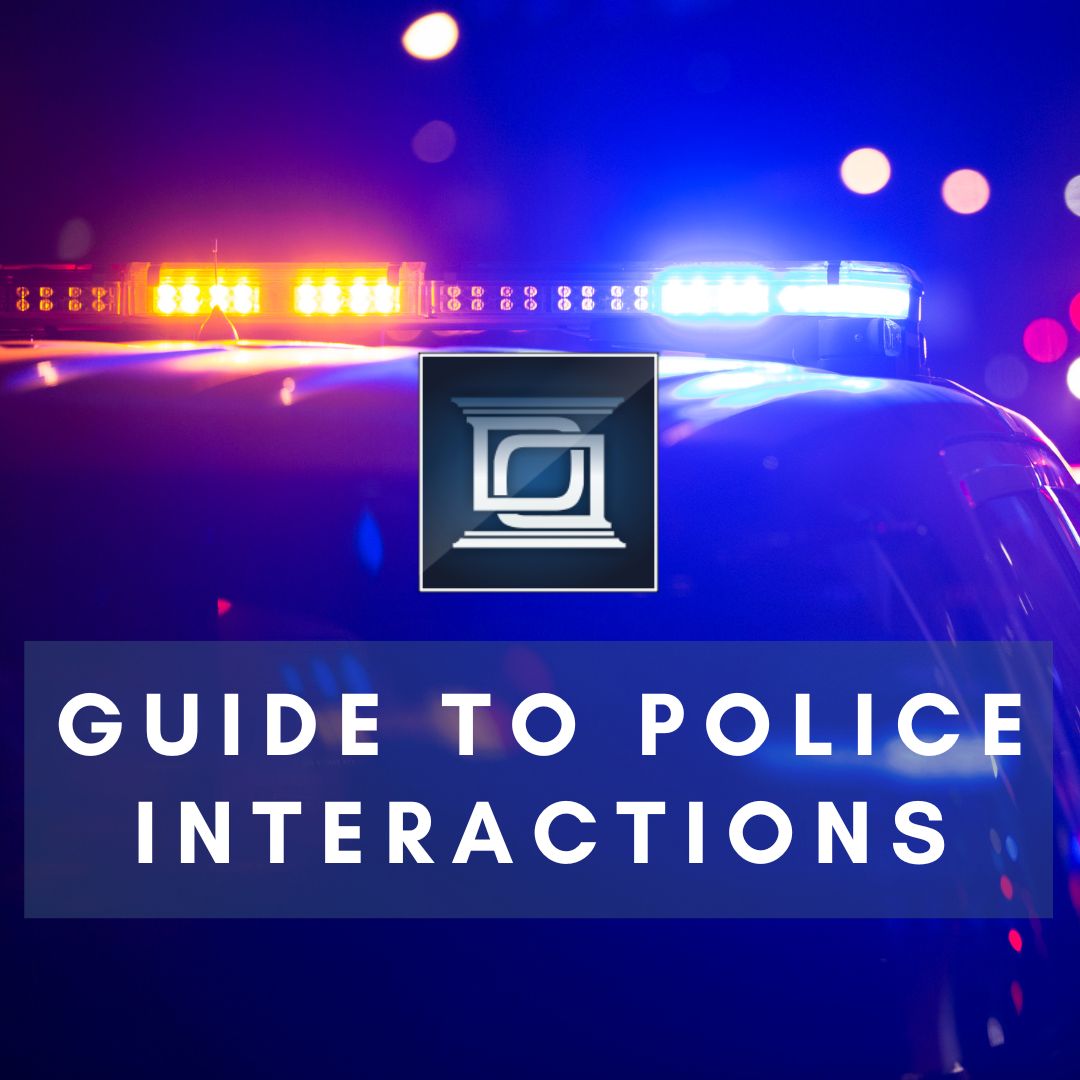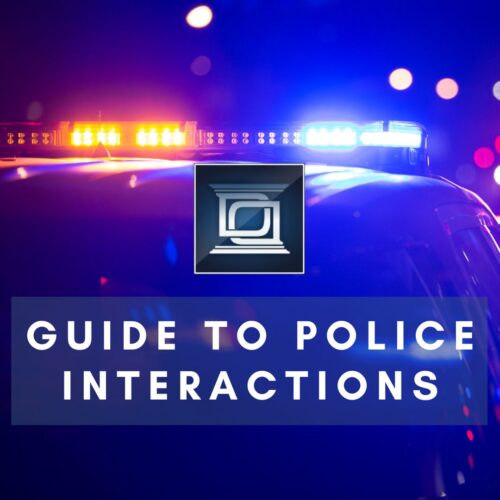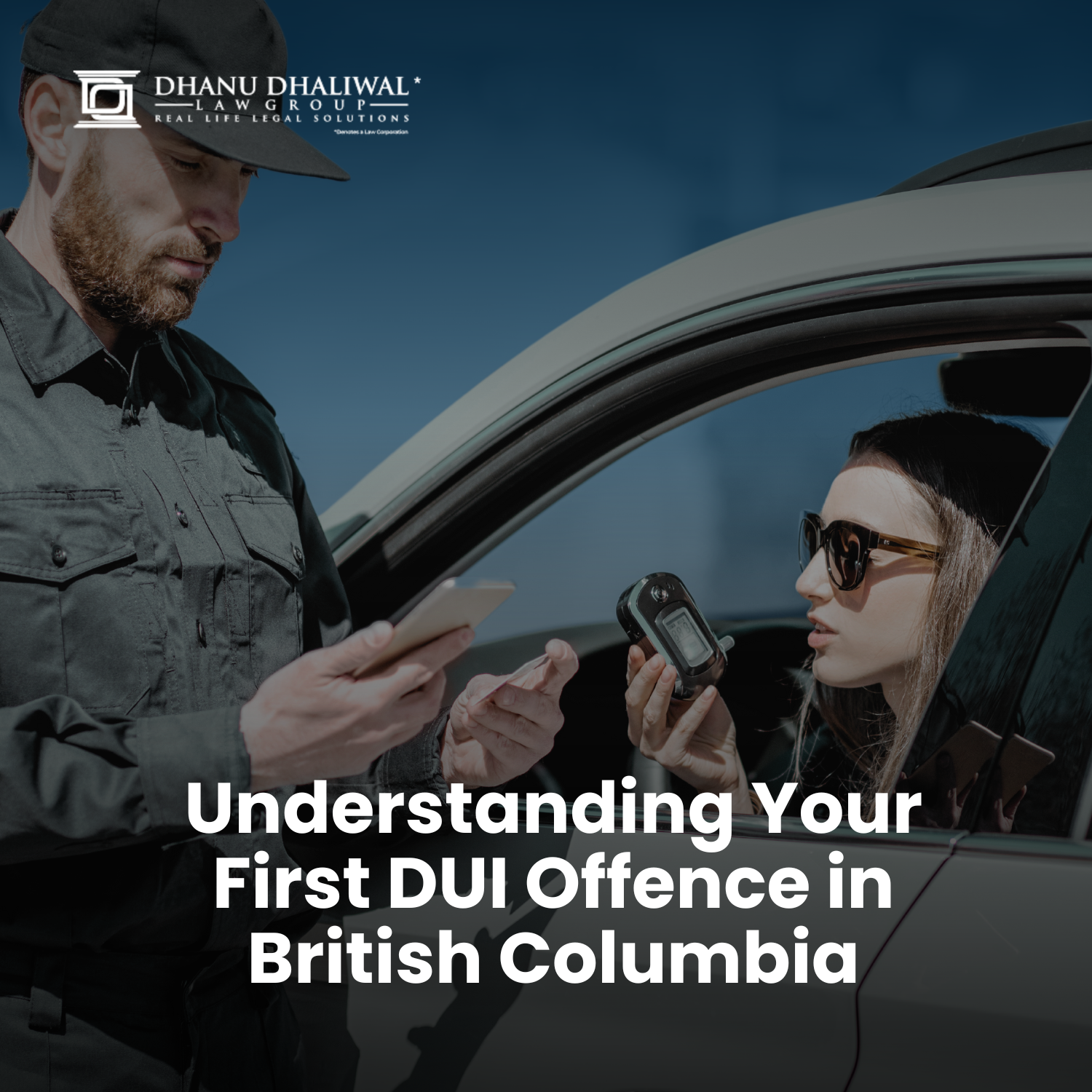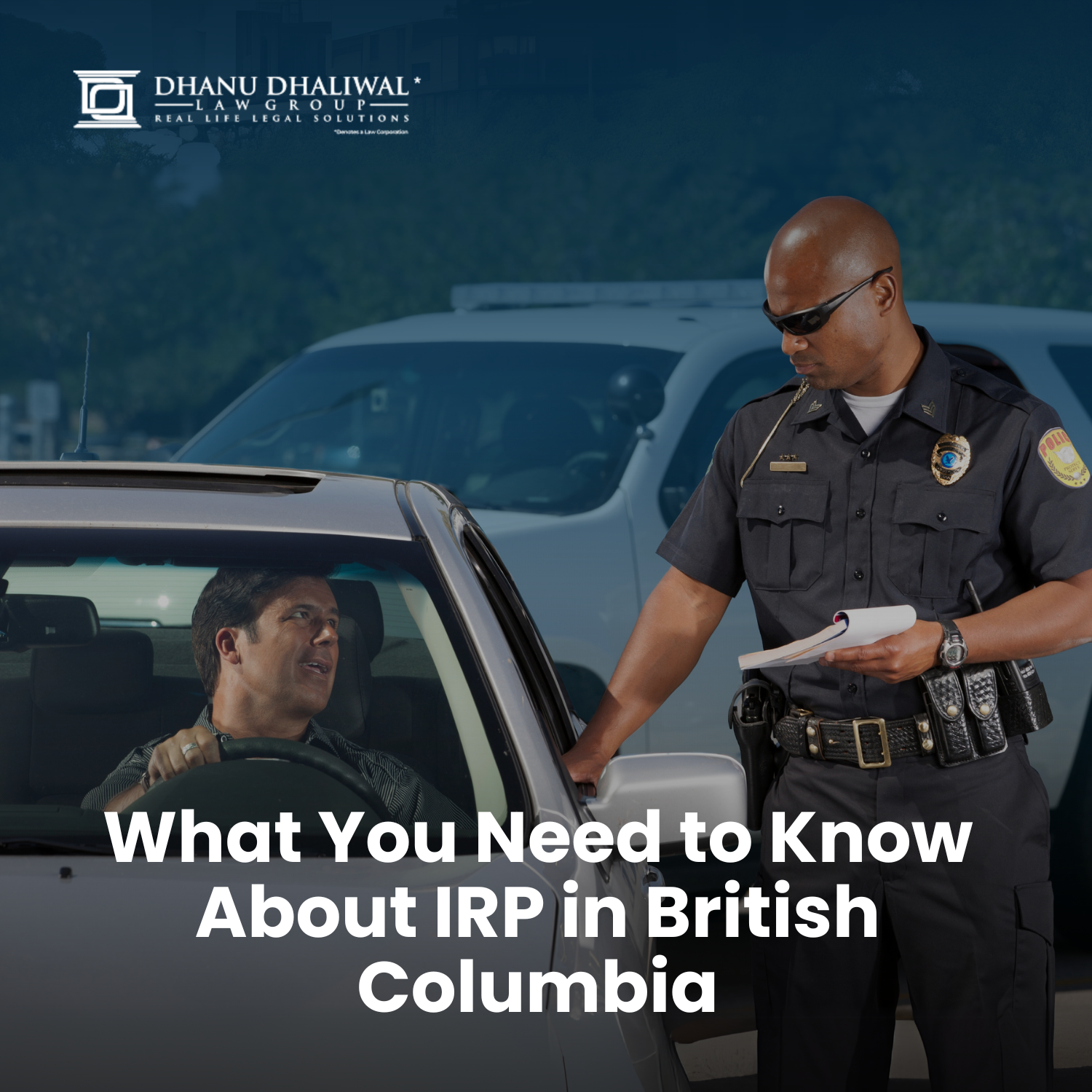In our modern society, the safeguarding of individual rights and liberties is paramount to upholding justice and ensuring a fair legal system. When it comes to interactions with the police in criminal cases, knowing and understanding your rights is crucial. This comprehensive guide aims to empower individuals by providing essential information on their rights during police interactions and shedding light on the role of law enforcement in criminal cases.
The Importance of Knowing Your Rights
The concept of knowing one’s rights is deeply rooted in the principles of democracy and the rule of law. In criminal cases, every person is entitled to certain fundamental rights and protections. Understanding these rights is vital for several reasons:
- Safeguarding Individual Liberties: Our legal system is designed to protect the rights and freedoms of individuals, ensuring that no one is subject to unlawful or arbitrary actions by the authorities. Knowledge of your rights empowers you to assert and protect your individual liberties, even during challenging and intimidating situations.
- Ensuring Fair and Lawful Police Interactions for All: By being aware of your rights, you can ensure that interactions with the police are conducted lawfully and within the boundaries of the constitution. This awareness also encourages law enforcement to conduct themselves professionally and respect the rights of those they interact with.
- Empowering Individuals with Knowledge to Make Informed Decisions: Knowledge is power. When individuals are informed about their rights, they can make more informed decisions about how to handle police encounters. This includes knowing when to exercise specific rights and understanding the potential consequences of certain actions during interactions with law enforcement.
The Role of Police in Criminal Cases
Law enforcement plays a vital role in maintaining public safety, upholding the law, and investigating and preventing criminal activities. Key aspects of the role of police in criminal cases include:
- Upholding Law and Order: Police officers are tasked with enforcing laws and maintaining public order to ensure the safety and well-being of the community.
- Balancing Public Safety and Protecting Civil Rights: While their primary responsibility is public safety, law enforcement must also respect and protect the civil rights and liberties of individuals they encounter.
- Understanding Police Discretion and Authority: Police officers possess a level of discretion in their daily duties, allowing them to make judgment calls based on the circumstances they face. However, this discretion must align with the principles of fairness and equal treatment under the law.
Purpose of the Guide: Empowering Individuals with Knowledge
The purpose of this guide is to provide individuals with the knowledge and tools they need to navigate police interactions with confidence and composure. Through informative articles and practical advice, we seek to:
- Build Awareness: Our guide will shed light on common police interactions, helping individuals recognize and understand various scenarios they may encounter during a criminal case.
- Clarify Rights and Obligations during Police Encounters: We will break down key rights individuals have when interacting with the police, including the right to remain silent, the right to legal representation, and the right to refuse searches.
- Encourage Responsible and Informed Citizenry: By empowering individuals with knowledge, we aim to promote responsible citizenship and informed decision-making during challenging situations involving law enforcement.
Stay tuned for the subsequent blog posts in this series, where we will delve deeper into specific rights during police interactions, the role of legal representation, and practical tips on handling various situations with law enforcement. Understanding your rights is the first step toward a more secure and confident approach in criminal cases.
(Note: The information provided in this blog post is for informational purposes only and should not be considered legal advice. For personalized guidance, it’s essential to consult with a qualified criminal defence lawyer.)






